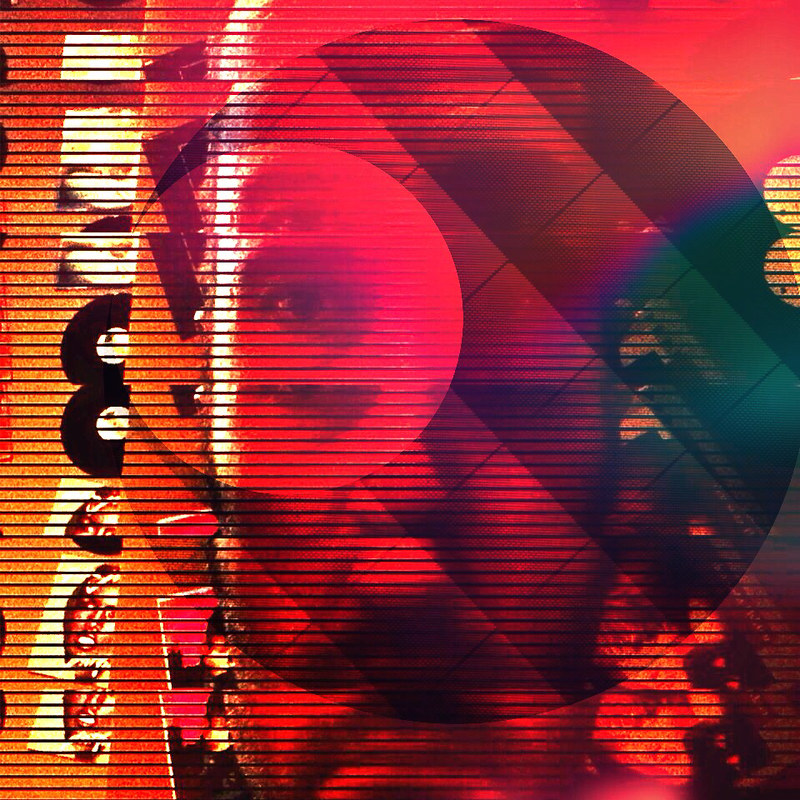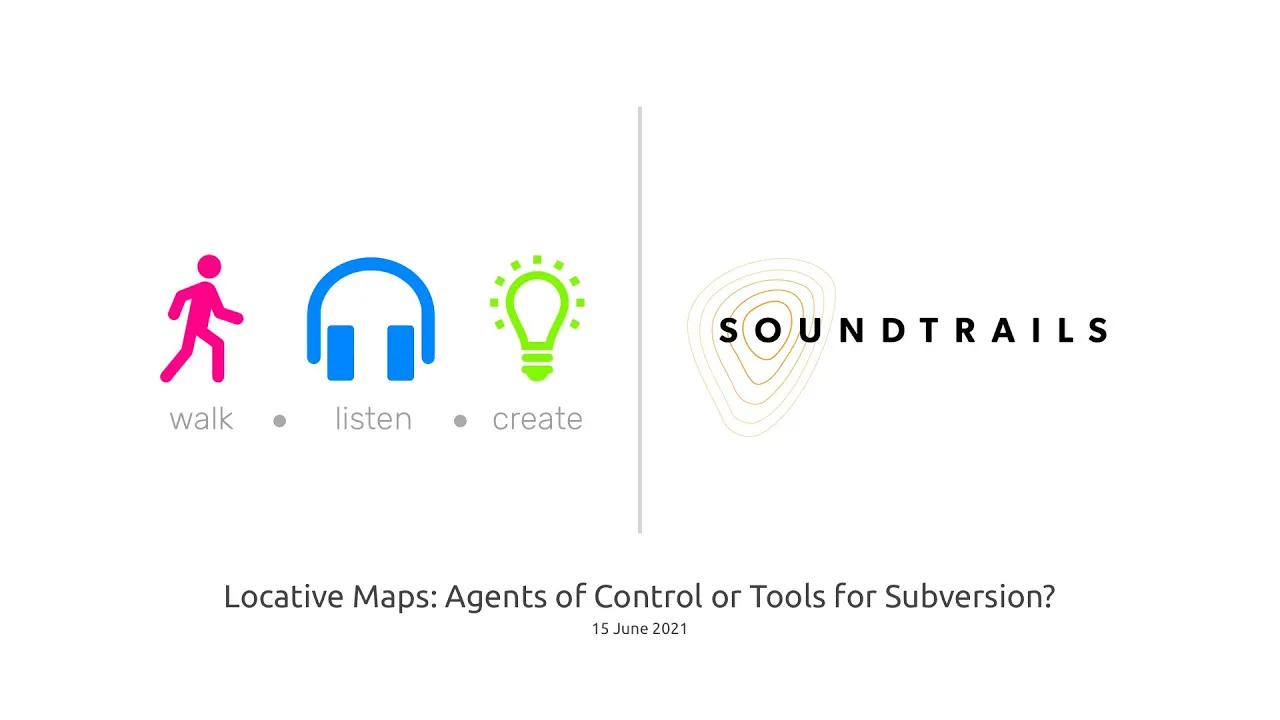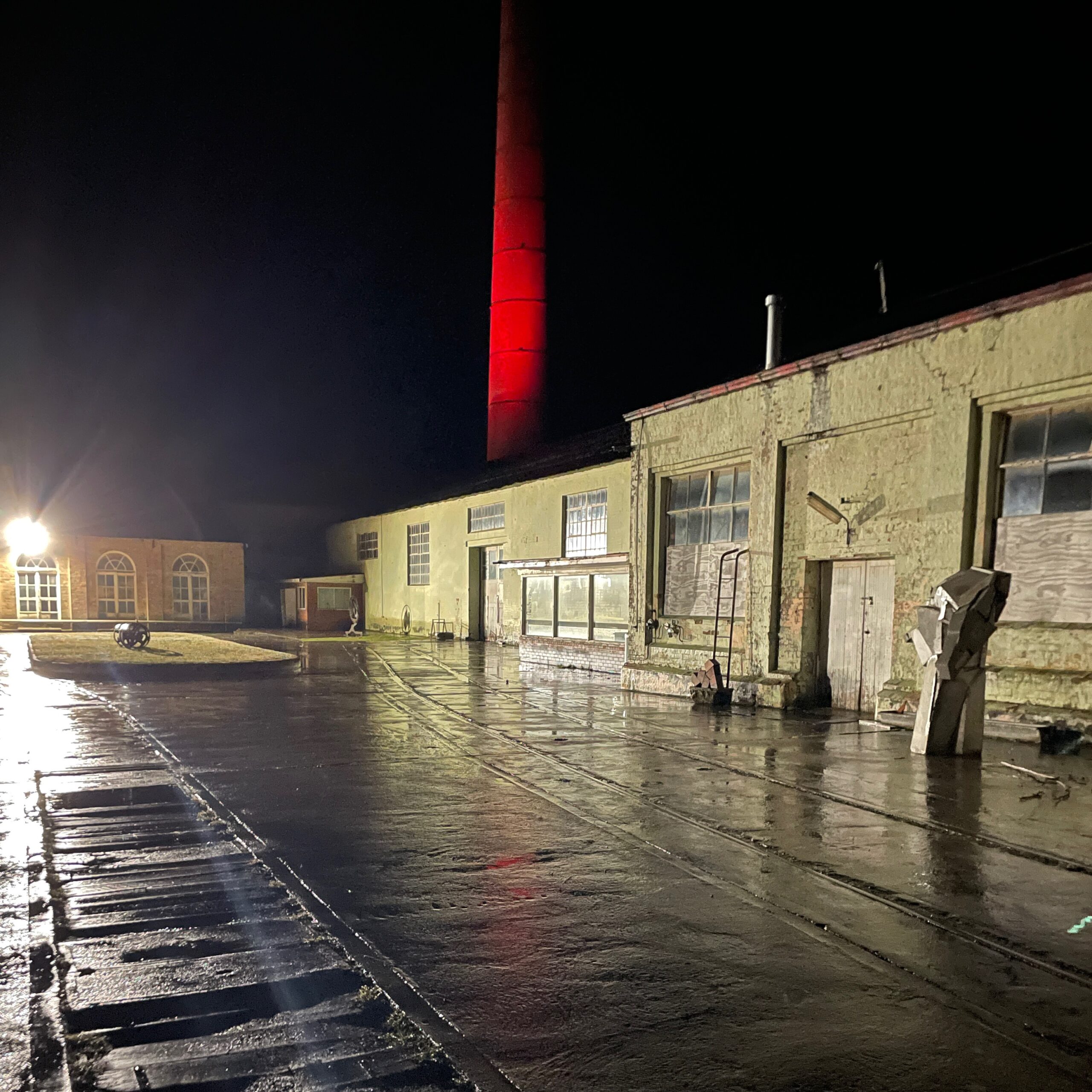What to make of locative maps today in the age of smartphones? They track our whereabouts and allow us to pin images, voices and stories back on country. Working off a spatial axis of latitude and longitude points, locative maps are key to discerning the world around us. But are they agents of control and surveillance, and symbols of (seemingly real) ownership and power; or are they tools for subversion and disruption, with the capacity to re-colonise places and spaces with new narratives and unsung memories?
Join leading locative-media scholar Jason Farman in conversation with Soundtrails founder, Hamish Sewell as they seek to peel back these issues at the core of our increasingly augmented lives. For all of you artists, cultural geographers, and disruptors who recognise the power of locative media, this one’s for you.
Supported by

Soundtrails is a leading locative platform based in Australia. We work on commission with local councils, national parks, Aboriginal communities and arts groups, as well as leading producers who know how to create an immersive sound experience. We see our work as timeless and grounded in real people and real places. Soundtrails will soon be starting overseas and we believe our up-and-coming version two Soundtrails platform will be one of the most integrated systems in the world. Soundtrails is all about compelling locative audio experiences and building a sustainable future for producers and artists. Check us out on Soundtrails.com.au or shoot us a line.





Will this session be recorded for those who can’t attend at such an early time in Australia?
Yes. The session will be available, for free, on YouTube on WLC’s channel.
Buuuut, it’s actually recorded in Australia 🙂
not able to get a ticket from the website. can you help?
Happy to hear what the problem was exactly. Glad you managed in the end.